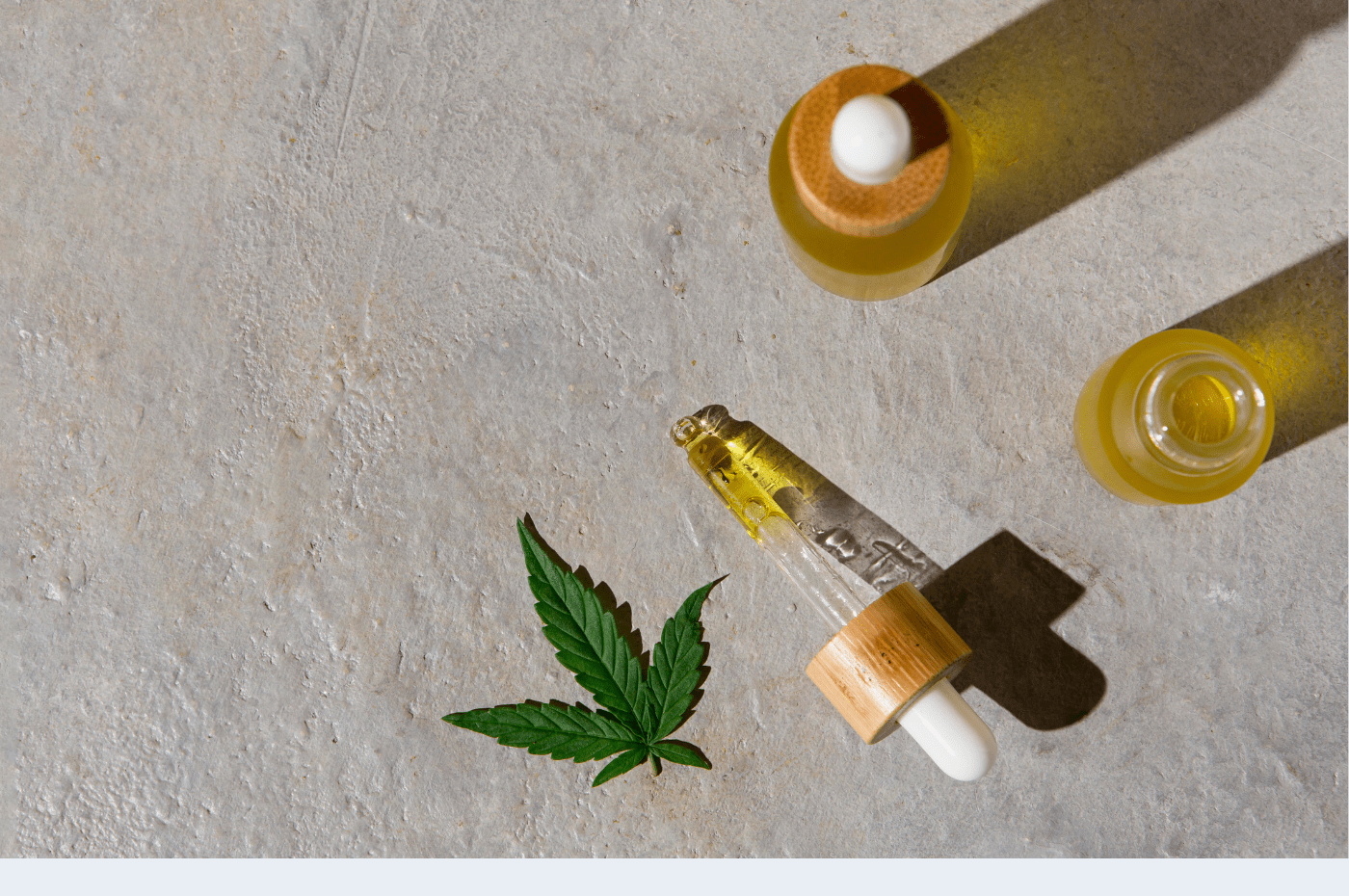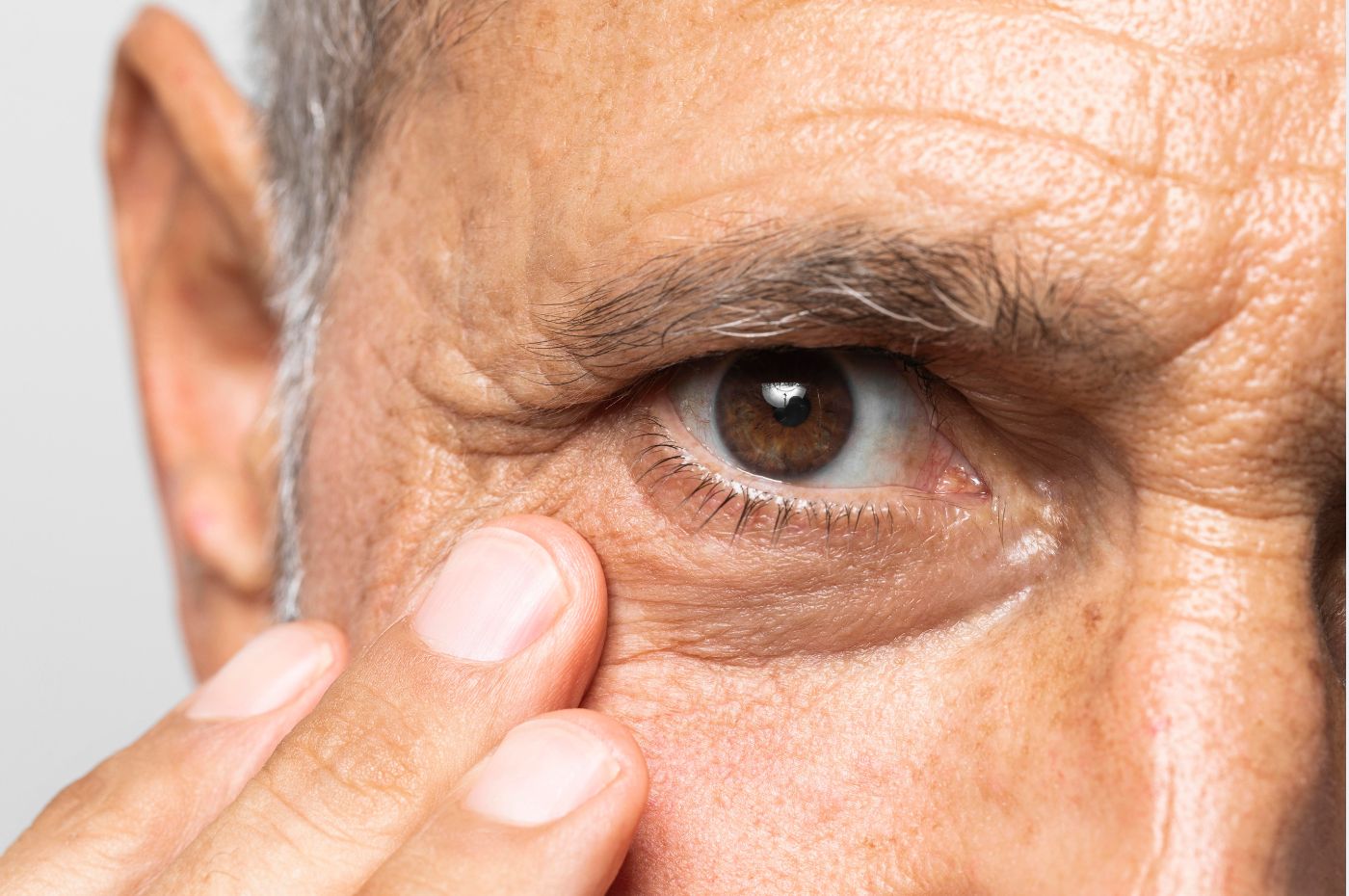If you hear a ringing, buzz, roar, whistle, hum, click, hiss, or squeal in one or both ears, you might have tinnitus. These sounds are called "phantoms" because only you can hear them – others around you can't. Studies show that 10% to 25% of grown-ups have tinnitus, but kids can get it too.
These phantom sounds can range from barely noticeable to very loud, and they might come and go or be there all the time. Tinnitus can be frustrating and even affect daily life for some people.
What is Tinnitus?
Tinnitus happens when people hear noises in their ears that don't come from outside. It's more common in older folks, but it can affect anyone. While tinnitus varies in how bad it is, for some people, the constant buzzing, roaring, or ringing can be very upsetting.
Tinnitus isn't a condition on its own, but a symptom of something else going on in the body. It can be linked to hearing loss, ear injuries, or problems with the circulatory system. Some people describe their tinnitus as a high-pitched ringing, while others might hear a low rumbling or even music-like sounds.
Also Read : CBD for Jet Lag
Tinnitus Types
Tinnitus can happen in one or both ears and usually comes in two forms, pulsatile and non-pulsatile:
Pulsatile tinnitus- It happens when sounds come from muscles moving near the ear. It can also happen for other reasons, like changes in blood flow. This type of tinnitus often sounds like a rhythmic pulsing, matching your heartbeat. It might be caused by blood vessel problems, high blood pressure, or even a narrowed artery in your neck.
Non-pulsatile tinnitus- It often comes from problems with the parts of the inner ear that help us hear. This is the more common type of tinnitus. The sounds can be constant or come and go, and they might change in pitch or volume over time. Non-pulsatile tinnitus can be caused by exposure to loud noises, certain medications, or age-related hearing loss.
Also Read : CBD Oil in India
Cause of Tinnitus
Tinnitus is seen as a sign of something else, not a problem on its own. Some things that might cause it are:
- Hearing loss that comes with age
- Being around loud noises a lot
- High blood pressure
- High cholesterol
- Muscle twitches in the middle ear
- Too much earwax
- Damage to the middle or inner ear
- Some medicines, including pain relievers, some antibiotics, cancer drugs, and water pills
- Injuries to the head and neck
- Jaw joint problems
- Growths on the ear or hearing nerve
- Meniere's disease, a disorder of the inner ear
- Stress and anxiety
- Certain types of tumors
- Thyroid problems
- Ear bone changes, like otosclerosis
How is Tinnitus Usually Treated?
Treating tinnitus usually means treating what's causing it. Your doctor might suggest taking out extra earwax and stopping medicines that could be causing your tinnitus. Some drugs, like certain antidepressants, might help make ear sounds less noticeable. Doctors might also recommend:
- Sound therapy: Using background noise or special devices to mask the tinnitus
- Cognitive behavioral therapy: Learning coping strategies to deal with the emotional impact of tinnitus
- Tinnitus retraining therapy: Combining sound therapy with counseling to help you get used to the tinnitus
- Relaxation techniques: Such as meditation or deep breathing exercises
- Lifestyle changes: Like avoiding caffeine or salt, which can make tinnitus worse for some people
Sometimes, it can be hard to find out why ears are ringing. If your doctor can't find a reason for your tinnitus, or if treating the cause doesn't work, you might need to deal with your tinnitus by using a white noise machine to block out annoying sounds. If your tinnitus comes from hearing loss, using a hearing aid or getting a special implant might help.
Can CBD Help Treat Tinnitus?
There aren't many studies on humans about using cannabis or CBD specifically for tinnitus yet. Many researchers are still testing these plant compounds on animals. Studies on humans have shown mixed results, with no studies showing a big long-term improvement.
However, some people report finding relief from CBD for tinnitus-related symptoms. It's important to note that while CBD is generally considered safe, it can interact with some medications and may cause side effects in some people. Always talk to your doctor before trying CBD or any new treatment.
Possible Benefits of CBD for Tinnitus
Help to deal with stress and anxiety: CBD might help manage anxiety that people may feel because of their tinnitus. CBD may also help with tinnitus-related stress and sleep problems. It could potentially reduce the emotional impact of living with constant ear noise. Some users report feeling more relaxed and better able to cope with their tinnitus after using CBD.
Manage ear discomfort: CBD might also help with pain, like the discomfort from an ear injury or ear swelling that can cause tinnitus. Its anti-inflammatory properties could potentially reduce swelling in the ear canal or surrounding tissues. While it may not directly treat the cause of tinnitus, it might make the symptoms more bearable for some people.
Taking CBD might let someone use less of their prescribed tinnitus medicines, like anti-anxiety, antidepressant, and anti-swelling drugs. This could potentially reduce the side effects of these medications. However, it's crucial to work closely with a healthcare provider before making any changes to prescribed medication regimens.
Potential neuroprotective effects: Some research suggests CBD might have neuroprotective properties, which could theoretically help protect the nerves involved in hearing. While this hasn't been proven specifically for tinnitus, it's an area of ongoing research.
Improved sleep: Many people with tinnitus struggle with sleep issues. CBD for sleep has potential to promote relaxation and reduce anxiety for some tinnitus sufferers.





Leave a comment
This site is protected by hCaptcha and the hCaptcha Privacy Policy and Terms of Service apply.